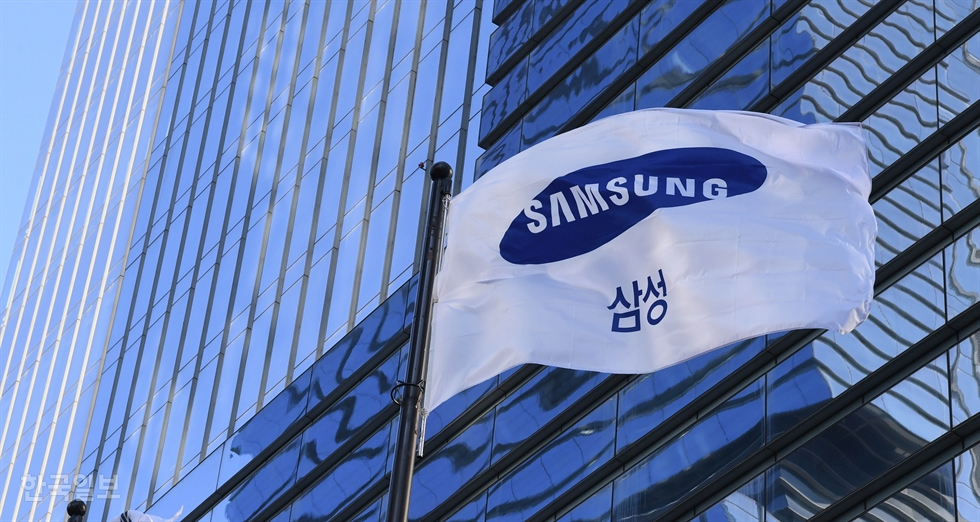|
Getting your Trinity Audio player ready...
|
On Wednesday, Samsung Group, South Korea’s largest conglomerate, marked its 85th anniversary of establishment. However, in contrast to previous years, the event was celebrated in a low-key manner, without any official events or messages to employees.
The group has been commemorating the annual event in a toned-down manner since the dissolution of the Future Strategy Office, the group’s control tower office, in 2017.
A Samsung official stated that the group has lost its group identity since disbanding the control tower office, and it has been the latest trend not to hold any special events. Even in Samsung Electronics, the last message from Chairman Lee Jae-yong to employees was sent in 2019.
In 2018, the group did not organize any official events to celebrate its 80th anniversary, except for releasing a special documentary about the conglomerate’s history that employees could watch. Samsung was initially established in March 1938 as a small trading firm by Lee Byung-chull in the southeastern city of Daegu. It entered manufacturing, producing sugar and textiles that were necessities for the country.
The anniversary of the founding of Samsung was initially March 1 but was changed to the 22nd after the late founder’s third son, the late Lee Kun-hee, declared the second founding of the conglomerate in 1987. Over several decades, Samsung has gradually expanded its business sphere to cover the financial sector in the 1960s, industrial chemicals in the 1970s, and electronics in the 1980s.
Under the late Lee Kun-hee’s leadership, Samsung became a global technology powerhouse and laid the foundation for the country’s rapid economic development. As a result, Samsung has 60 affiliates under its wing, including Samsung Electronics, Samsung Life Insurance, Samsung Display, and Samsung C&T.
The accumulated sales of Samsung key affiliates last year surpassed the 400 trillion won ($306 billion) mark for the first time, backed by current de facto leader Lee Jae-yong’s various aggressive moves on behalf of the group.
Of the 60 subsidiaries, 20 firms’ audit reports and business reports were released in their regulatory filings to DART, the Financial Supervisory Service’s electronic disclosure board, as of Monday. Based on those companies’ separate financial statements for the last year, the total revenue logged was about 402 trillion won.
The research institute predicted that when combining the 40 subsidiaries whose business reports have not yet been disclosed, sales revenue would likely reach between 415 trillion won and 420 trillion won. Samsung Electronics alone reported 302.2 trillion won in annual revenue in 2022, surpassing the 300 trillion won mark for the first time.
Seven affiliates, including Samsung Securities, Samsung Life Insurance, Samsung Display, Samsung C&T, and Samsung SDI, newly joined what has been called the “10 trillion won club” in the same year.
